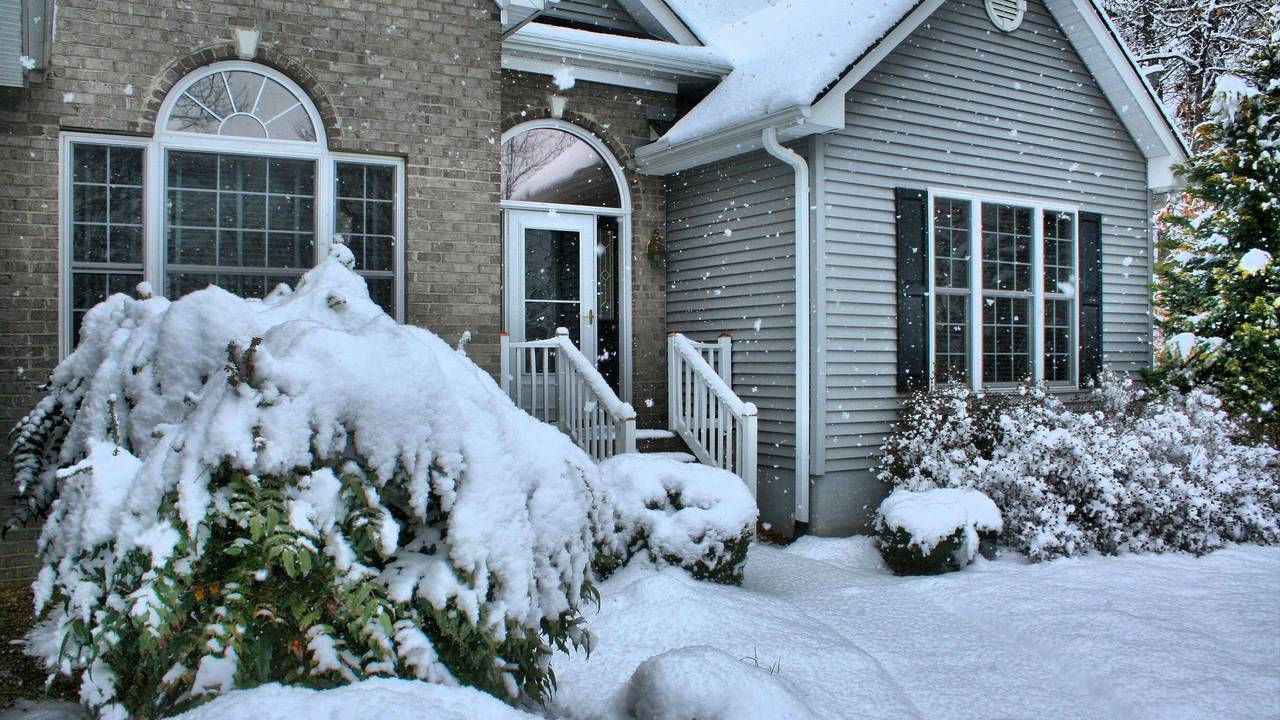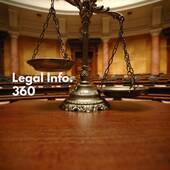Winter is often deemed a wonderland, but when winter weather affects your home or property and causes serious personal injury hazards, it's more of a legal and financial hurricane than a wonderful time of year. Choosing to winterize your home or property can not only help keep you, your loved ones, and your tenants safe from accident and injury but can also significantly help cut costs long term.
To help prevent a winter accident before it happens, apply these 7 expert tips to winterize your home.
Install Storm Windows and Doors
Consider adding storm windows and doors throughout your home. Not only will they be more resistant to shattering from inclement weather and/or intruders, but they also better insulate windows to improve comfort and reducing heating costs.
Clean Up High-Traffic Areas
Ensure high traffic areas, like your porch, are kept clear and clean to avoid a slip and falls. “Icy surfaces, unattended spills, and other dangerous surfaces can cause slip and fall accidents” warn the San Jose personal injury lawyers of Henshaw & Henry, PC, “property owners owe invitees a duty to repair known hazards, warn of potential hazards, and search for unknown hazards before welcoming visitors onto the premises.”
Close Your Fireplace
Ensure your fireplace is cleaned out to prevent the possibility of creosote buildup. Creosote, a highly flammable substance, is deposited in the chimney lining or flue and can be a large home fire hazard. Also, be sure to check that the flue closes all the way to prevent unwanted cool air from creeping in.
Replace Weatherstripping Around Doors
Weatherstripping is a cost-effective way to seal your door to prevent water damage to your home, bug infestations, and improve insulation. There are many types of weatherstripping and some types can more expensive than others; it’s important to find the right type for your needs and budget. To find the best type for your home or property, use this handy weatherstripping chart.
Trim Your Trees
Tree branches can sag due to rain or snow, causing them to lay heavy on nearby electrical wires. Strong winter winds can also knock down flimsy branches (or entire trees!). Check your yard and trim any branches that hang near electric wires before they become a problem.
Check Carbon Monoxide Detectors
January is the deadliest month for carbon monoxide poisoning. Ensure you, your loved ones, and your tenants are safe by installing detectors on every floor and around sleeping areas. You can learn more about carbon monoxide poisoning prevent by reading these live-saving tips to prevent carbon monoxide poisoning.
Clean Your Gutters
Clear debris from gutters and downspouts on a regular basis to prevent leaking or sagging. A clogged gutter can cause water issues that eventually affect your home’s foundation, ceiling, walls, and can also be the source of bug infestations.
Make sure when tending to your gutters, you use wear protective materials and use a sturdy ladder.
By utilizing these 7 home improvement tips to winterize your home, you can mitigate the chances of personal injury for you and your loved ones and a potential lawsuit. This winter, gear up to avoid a preventable premises liability situation or accident!


Comments(1)